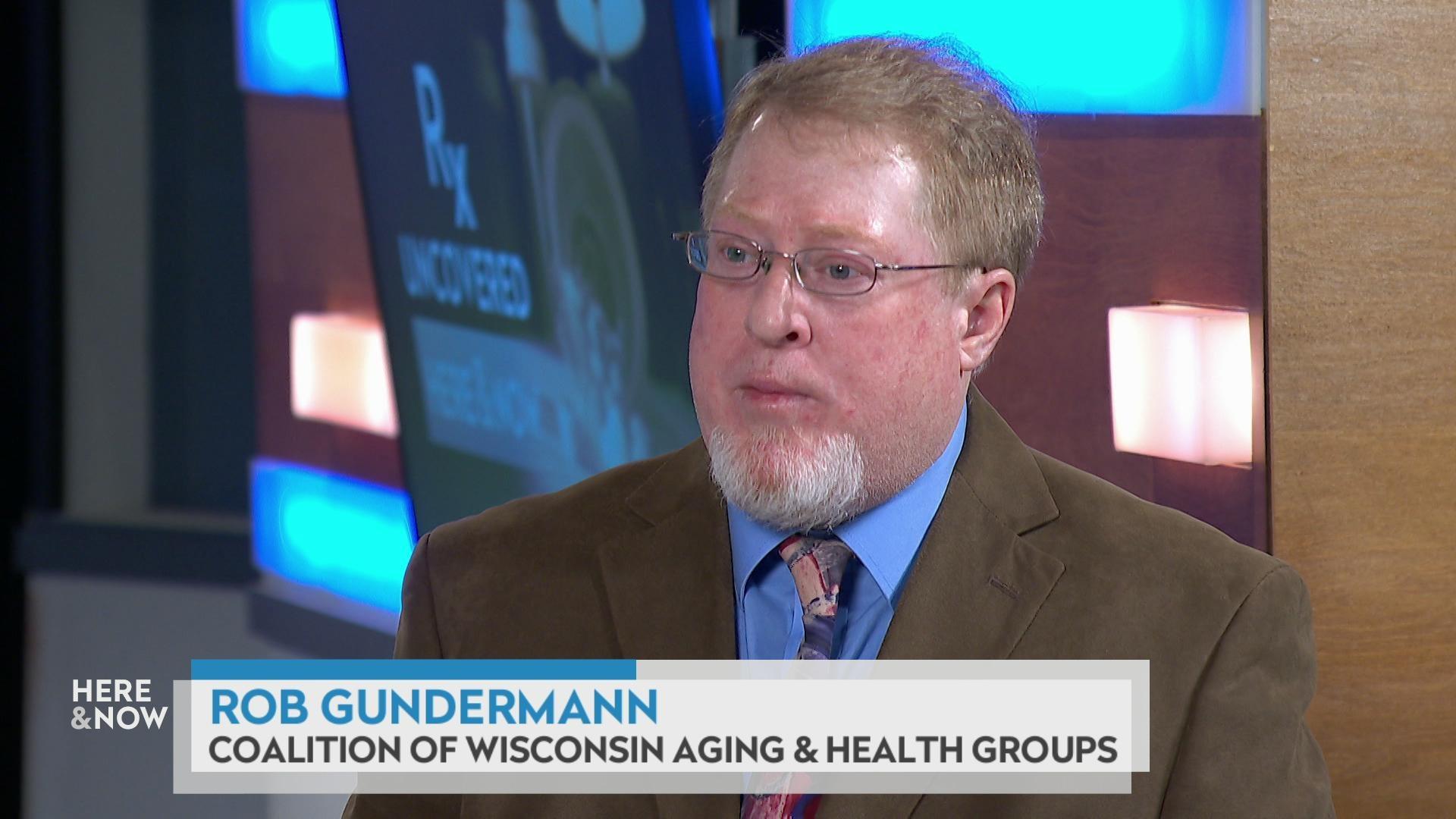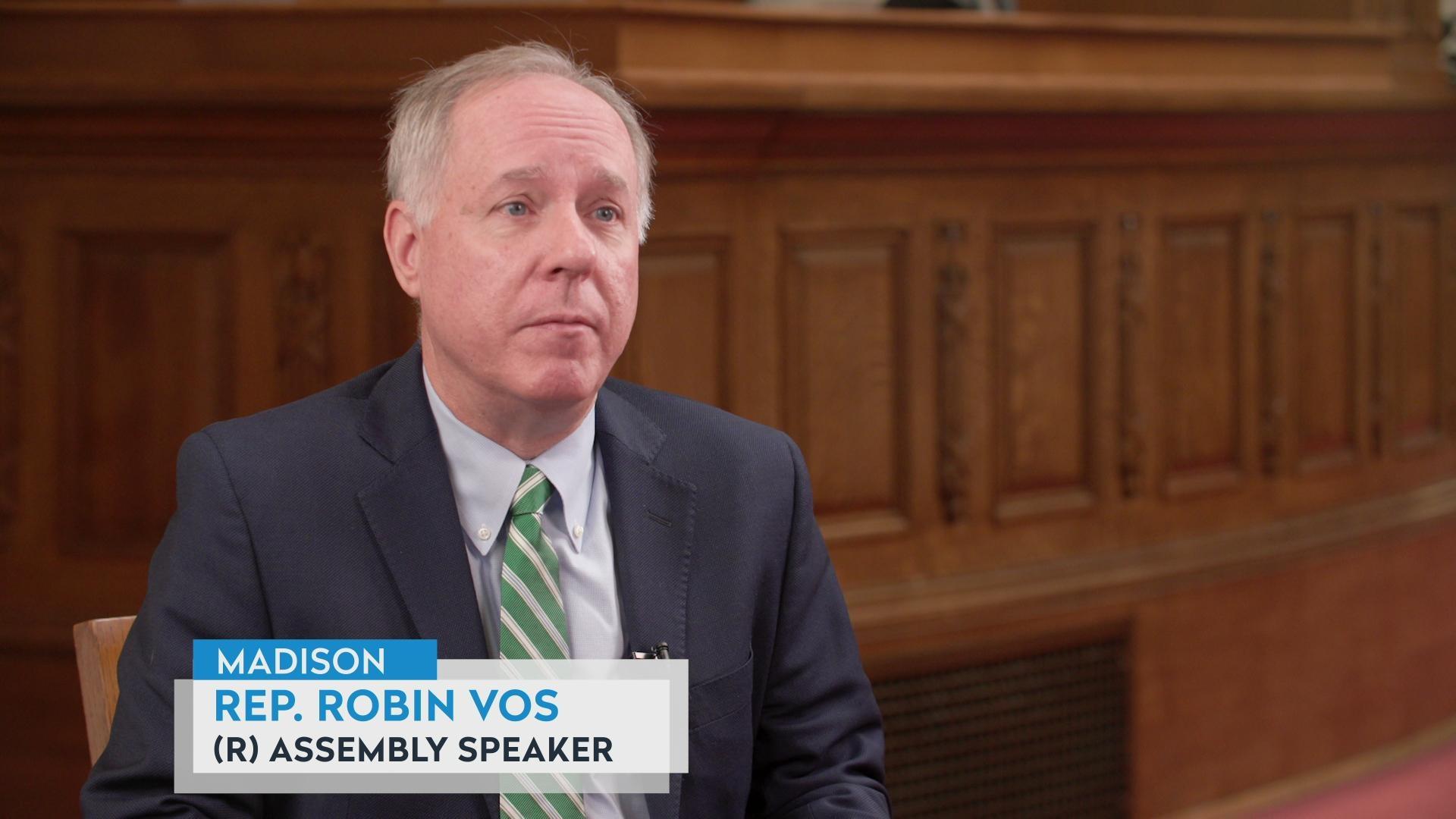Wisconsinites Know More Than They Think About Financial Issues
As a whole, Wisconsin residents have higher levels of financial literacy, improving levels of financial capability and, at least in some areas, better financial behaviors, compared to the rest of the U.S. However, it also appears people in the state may not be aware of their own knowledge.
August 15, 2016

First National Bank in Oshkosh

In recent years, communities, schools and families have sought to help people be better able to avoid money troubles by promoting financial literacy and, in turn, financial capability. A new national study shows these efforts are finding success in Wisconsin.
The National Financial Capability Study, which assesses the financial skills of Americans, was first conducted by the Financial Industry Regulatory Authority’s Investor Education Foundation in 2009. The survey was repeated in 2012 and again in 2015, collecting data on more than 80,000 people nationally. These data also include more than 1,500 people from Wisconsin, providing insights into how the state compares to the nation as a whole.
Financial literacy describes understanding the basics of personal finance and being able to perform basic calculations related to income and debt. Financial capability is an increasingly used term that describes how well people manage their finances while handling responsibilities like building savings, borrowing money and paying bills. As a whole, Wisconsin residents have higher levels of financial literacy, improving levels of financial capability and, at least in some areas, better financial behaviors.
Financial literacy in Wisconsin
Overall, people from Wisconsin are more likely to give correct responses to a financial knowledge quiz: People in Wisconsin got an average of 4.25 out of 5 questions correct, compared to 3.9 in other states. (Notably, this pattern is the same whether people refused to answer or skipped questions are counted as incorrect, or if these respondents are excluded.)
Quiz questions covered how interest works, the effects of inflation, how bonds are priced, how mortgage payments work and how relatively risky stocks can be. Most people (80 percent or more) answered each of these five questions correctly, but less than half answered questions about bonds correctly. People in Wisconsin scored better than the national average on every question. (A sixth question, about calculating compound interest in a loan, was not included in this analysis, though Wisconsin residents were still more likely to answer correctly.)
This chart shows Wisconsin’s results on the 5-question quiz compared to the rest of the U.S. in each year of the survey, using a scoring methodology commonly used in standardized testing. The gap between the average score for people in Wisconsin versus the rest of the U.S. widened considerably in 2015, and that year’s scores are (statistically) higher than U.S. averages by a substantial margin.

Wisconsin’s performance is impressive, but it also appears people in the state may not be aware of their higher levels of financial literacy. When asked how much they know — a subjective measure of knowledge or confidence in one’s own financial literacy — people in Wisconsin rate themselves lower than the U.S. average. That is, people in the state objectively know more, but have lower levels of perceived knowledge.
As shown in this chart, subjective levels of financial knowledge are lower for respondents in Wisconsin than the rest of the country in every survey.

Why do people in Wisconsin seem to respond this way? It’s unclear from the data. People from the state are slightly less likely to say they learned financial issues formally at work or school than national averages. But they are more likely to report learning about personal finances from their families than from formal classes.
Financial capability in Wisconsin
While financial literacy is high in Wisconsin, the daily practices of survey respondents in the state are generally consistent with national averages. For example, in Wisconsin, 17 percent of individuals reported they spent more than they earned last year, compared to 19 percent in the rest of the country. Likewise, only 45 percent of people in Wisconsin have emergency funds, but that figure similar to national averages. About 24 percent of individuals in the state reported having past due medical bills — again is about the same as national averages.
In other areas, Wisconsin residents have better financial capability than national averages. One example is the rate of people reporting making hardship withdrawals from their retirement plans, a signal of serious financial problems — 4 percent of people in Wisconsin versus 7 percent in the rest of the U.S. People in the state are also less likely to report over-drafting their bank account (that is, spending more money than they have available). In 2015 that share was about 15 percent overall, a decline from nearly 20 percent in prior years.
Other behaviors show signs of improvement. For example, paying late fees on credit cards is down from 11 percent in 2012 to 8 percent of Wisconsin respondents in 2015. The state also has the second lowest rate of people who use high cost loans in the U.S., with an average of 16 percent of respondents, compared to 26 percent nationally.
Overall people in Wisconsin are above average in their level of financial knowledge, but more likely to be humble in their self-assessment of their knowledge. Respondents in the state show average or better than average outcomes in a number of areas as well. As efforts to provide financial education and counseling expand in libraries, schools and workplaces, and via other public educational programs, the financial capability of the state should continue to improve.
J. Michael Collins is a family and consumer economics specialist with the University of Wisconsin-Extension, director of UW-Madison’s Center for Financial Security and an associate professor of consumer science and public affairs at UW-Madison.
 Passport
Passport











Follow Us